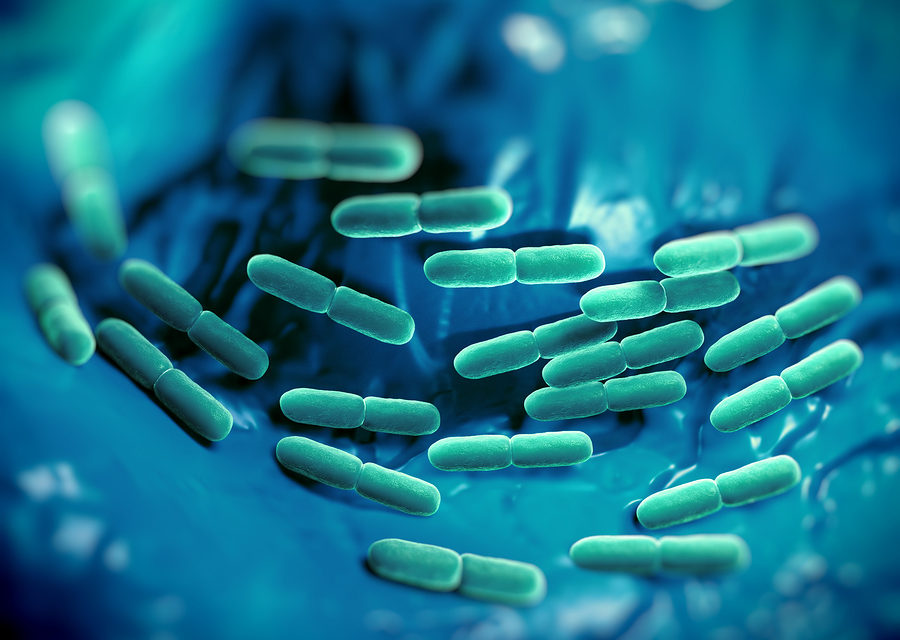The intestine is a kind of ecosystem. There are between four and seven pounds of bacteria in the large intestine. The number of bacterial cells outnumber all the cells in your body (the bacteria cells are much smaller than human cells). Bacteria perform necessary functions, like suppressing pathogens, detoxifying harmful chemicals, and producing vitamins. In natural health care there has been a concept called “dysbiosis”. Dysbiosis refers to a situation where the wrong kinds of microorganisms thrive in the intestine. The wrong microorganisms produce toxins, can irritate the lining of the intestine, and suppress the beneficial bacteria. Many people who deal in natural health see dysbiosis as a possible cause for many health problems. While this concept of dysbiosis has been controversial, research is beginning to support it.
Research published in the December, 2006 issue of the journal Nature, indicates that the type of bacteria found in the intestine may be related to whether a person is overweight or not. This was observed in both humans and mice. Obese humans and mice had a higher percentage of a family of bacteria called Firmicutes and less of a type of bacteria called Bacteroidetes. The researchers were unclear whether the obesity is caused by the presence of the bacteria, or if the bacteria are present because of the obesity.
In order to find out if the presence of the bacteria caused obesity, the researchers transplanted Fimicutes into the intestines of lean mice. When the bacteria were transplanted, the mice actually began to take in more calories from the food they ate. The same amount of food actually provided more calories for the mice with the Firmicutes bacteria in the intestine than for those without the Firmicutes bacteria.
In people, dieting affected the makeup of the bowel bacteria. Bacteroidetes made up about three percent of the gut bacteria in the participants of the study who were obese. But after dieting and losing weight, the subjects had much higher levels of Bacteroidetes—close to 15%.






